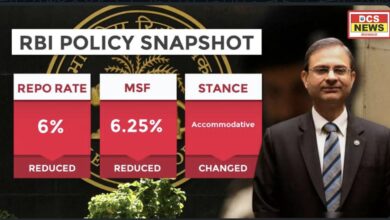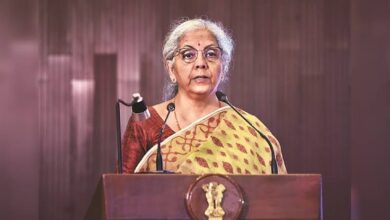
Haryana Requires Gita Shlokas in School Assemblies from Next Term
Chandigarh, July 20, 2025 – The Haryana School Education Board (HSEB) has directed all state-affiliated government and private schools to include recitation of Shrimad Bhagavad Gita shlokas during their morning assemblies, starting from the upcoming academic session Indiatimes+7India Today+7India Today+7.
The HSEB chairman said the initiative aims to foster discipline, responsibility, and focus, and to nurture moral and spiritual sensibilities among young learners India Today+1India Today+1.
✅ Policy Details & Implementation
-
Selected verses from the Bhagavad Gita will be read aloud in assemblies across all classes.
-
The practice is meant to provide students with ethical guidance and help shape their character.
-
The scheme covers both government and private schools under the board’s jurisdiction India Today+1India Today+1.
🎯 What Officials Say
Pawan Kumar, HSEB chairman, commented:
“Children should benefit from the Gita’s spirituality and wisdom, and apply them in daily life… to help India become a Vishwaguru” The Indian Express+14India Today+14India Today+14.
He emphasised the importance of India’s spiritual heritage and aligning youth education with national aspirations India Today.
🧭 Context & Precedents
-
Comparable measures have been introduced earlier in Uttarakhand, which mandated Gita recitation in schools.
-
Haryana’s move builds on the 2023-24 school curriculum reforms that included Bhagavad Gita content up to Class 8, promoting values under NEP 2020 India Today+1India Today+1ETEducation.com+4Jagran Josh+4News18+4.
🔍 Public Reaction & Analysis
Educators welcome the promotion of moral education but stress the need for respectful, secular delivery in schools. Concerns include:
-
Whether non-Hindu students feel included
-
Necessity for teacher training on conveying shlokas neutrally
-
Avoiding unintended religion-based debates
🚸 Next Steps
Schools must update their morning assembly procedures before the new term. HSEB may issue guidance on verse selection, translation, and instructional methods to standardize implementation.









